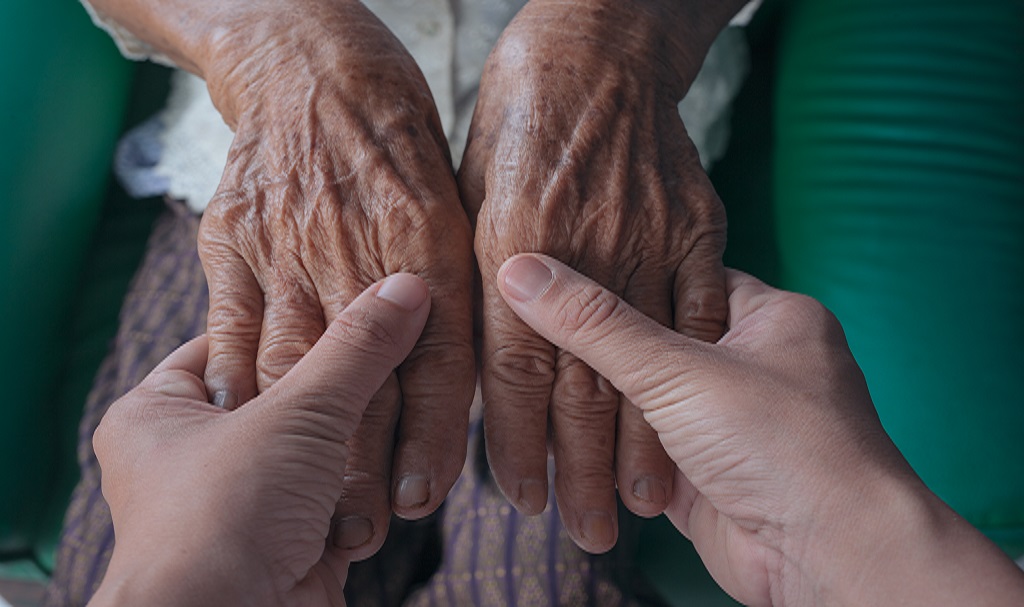You may have heard people use the terms “dementia” and “Alzheimer’s disease” interchangeably, but they are not the same thing even though they both refer to the condition of having dementia. Dementia is an umbrella term that refers to all neurological symptoms that indicate impaired memory, diminished abilities to communicate, and difficulty completing daily tasks and activities. Alzheimer’s disease is one type of dementia. Simply put, not everyone who has been diagnosed with dementia has Alzheimer’s Disease. This is important to differentiate when you are looking for dementia care VA.
In fact, there are ten different types of dementia that all affect three areas of the brain that control decision making, speech, and memory.
1. Alzheimer’s disease –this most common form of dementia involves the death of brain cells that results in difficulty speaking and walking and the appearance of moodiness and confusion.
2. Vascular dementia –caused by reduced blood flow to the brain, it can result in hallucinations and vision loss and is also associated with stroke activity.
3. Lewy body dementia –protein deposits in nerve cells disrupt the communications sent to the brainand cause confusion and memory loss.
4. Parkinson’s disease –dementia is one of the results of advanced Parkinson’s and creates gaps in judgment and reasoning.
5. Frontotemporal dementia –also knowns as Pick’s disease, it affects the parts of the brain that control behavior and language.
6. Creutzfeldt-Jakob disease –the rarest form of dementia, it progresses quickly and overcomes its victim in less than a year.
7. Wernicke-Korsakoff syndrome –also referred to as encephalopathy, deficits of vitamin B-1 lead to bleeding in the lower areas of the brain.
8. Mixed dementia –this term means that the patient suffers from more than one type of dementia concurrently.
9. NPH or normal pressure hydrocephalus –this condition is characterized by pressure on the brain caused by excess fluid in the ventricles.
10. Huntington’s disease –this is a genetic predisposition that leads to dementia and can appear in children and adults.
Having a better understanding of what type of dementia your loved one suffers from can help you communicate more effectively, understand more about what is happening and why your loved one is acting in an abnormal manner, and help you choose home health care professionals who can provide the best assistance from nutrition to companionship.
Virginia KaresHome Care Services, LLC is a leading dementia care VA provider who can help you and your aging parent or relative improve your quality of life. Our compassionate care providers understand the importance of keeping a dementia sufferer in his or her own home while supporting the family caregivers. If you would like to learn more about your care options or ask questions, contact us today to schedule a free in-home consultation.

